Is Levothyroxine Right for Everyone with Hypothyroidism?
By: Dr. Emily Wiggins
Hypothyroidism is a condition where the thyroid gland, located at the base of the neck, doesn't produce enough thyroid hormones. These hormones are essential for regulating metabolism, energy levels, and various bodily functions. When the thyroid is underactive, it can lead to a range of symptoms such as:
Fatigue
Weight gain
Depression
Dry skin
Sensitivity to cold
Hair loss
Constipation
Because the symptoms can be subtle or mistaken for other conditions, hypothyroidism is sometimes difficult to diagnose. Hashimoto’s thyroiditis is an autoimmune condition and the most common cause of hypothyroidism. Treatment usually involves hormone replacement therapy to restore normal levels, helping to manage symptoms and improve quality of life.
Women tend to be more likely to be diagnosed with hypothyroidism and Hashimoto’s while occurrence in men can be common and often overlooked.
How to Diagnose Hypothyroidism
Hypothyroidism is ideally diagnosed with a full blood thyroid panel that includes:
Thyroid stimulating hormone (TSH)
Free T4
Free T3
Thyroid antibodies
Reverse T3
Additionally, it’s helpful to record your basal body temperature (BBT) and pulse daily for at least a week. If the BBT is consistently below 97.7 degree fahrenheit, it can be an indication that the thyroid is sluggish as its two main jobs are supporting body temperature and metabolism.
Levothyroxine is the most commonly prescribed medication for treating hypothyroidism and it can work well for people if they are struggling with producing enough thyroid hormone at the level of the thyroid gland. Levothyroxine only contains thyroid hormone in the T4 form.
Thyroid Function Basics
Thyroid function operates off of a feedback loop between the brain, the thyroid and circulating levels of active thyroid hormone in the body.
The pituitary gland produces TSH to tell the thyroid to make more or less thyroid hormone based on levels it perceives are circulating in the body.
The thyroid then produces T4, which is the inactive form of thyroid hormone.
The liver then converts T4 into T3, which is the active form of thyroid hormone.
Nutrients like chromium, iodine, iron, potassium, selenium, zinc, tyrosine, and vitamins A, B2 and E are needed to convert T4 to T3.
Hormones like growth hormone, insulin, melatonin and testosterone are also needed to efficiently convert T4 to the active T3 form.
Dysfunction in thyroid hormone production can occur at the level of the brain, the thyroid’s ability to produce thyroid hormone, the thyroid’s ability to release thyroid hormone from the thyroid gland, the liver’s ability to convert thyroid hormone from T4 to the usable T3 form and then also at the level of the thyroid hormone receptors.
Knowing this, it’s easy to understand why supplementing thyroid hormone via Levothyroxine alone might not work for everyone.
Approaches to Correcting Thyroid Dysfunction Based on Where the Issue is Actually Happening:
When someone is struggling with the brain’s perception of circulating thyroid hormone, it’s actually this dysfunction of the brain that needs to be corrected. This can be done through nutrition, circadian rhythm regulation, reducing inflammation and also nourishing the tissue through herbal, glandular and/or homeopathic remedies.
When the thyroid gland is not able to produce enough thyroid hormone, the gland needs to be supported and nourished through diet, lifestyle, stress management, and specific herbal, glandular and homeopathic remedies that are different from the ones that would be used for the brain. This type of dysfunction is most improved by levothyroxine or T4 therapy though for someone to feel best with this treatment, they must also be efficiently converting T4 to T3 for symptoms to resolve and we would argue, the other natural supports should still be implemented to make sure general inflammation is being reduced and to actually be addressing the cause of the hypothyroidism.
If the thyroid is not efficiently able to release thyroid hormone from the gland, which can lead to an enlarged thyroid or goiter, other nutrients must be considered and estrogen levels should be assessed and managed because excess estrogen is one of the most common causes of this type of thyroid dysfunction.
If the liver is not able to convert the T4 to T3 effectively, then all the dietary and lifestyle factors should be included to help correct and support it to do so. From a medication standpoint, liothyronine in addition to levothyroxine should be considered. Liothyronine is T3 only and can help restore adequate levels of T3 so that the body is fed with the active hormone, which will actually help improve symptoms if conversion is an issue and T3 is low.
Finding Support to Help You Feel Better
The takeaway here is that there is no one-size fits all approach to supporting hypothyroidism and if levothyroxine alone hasn’t been able to reverse your symptoms, it’s time to look for a more holistic approach to managing your medication as well as ensuring dietary and lifestyle practices are a part of your plan.
When you are diagnosed with hypothyroid or Hashimoto’s, there could be dysfunction in one or several different areas of thyroid function and to really start to feel better a whole body approach is best.
Dr. Kelcie Rosendahl & Dr. Emily Wiggins — Work with Us in Bend or Virtually



